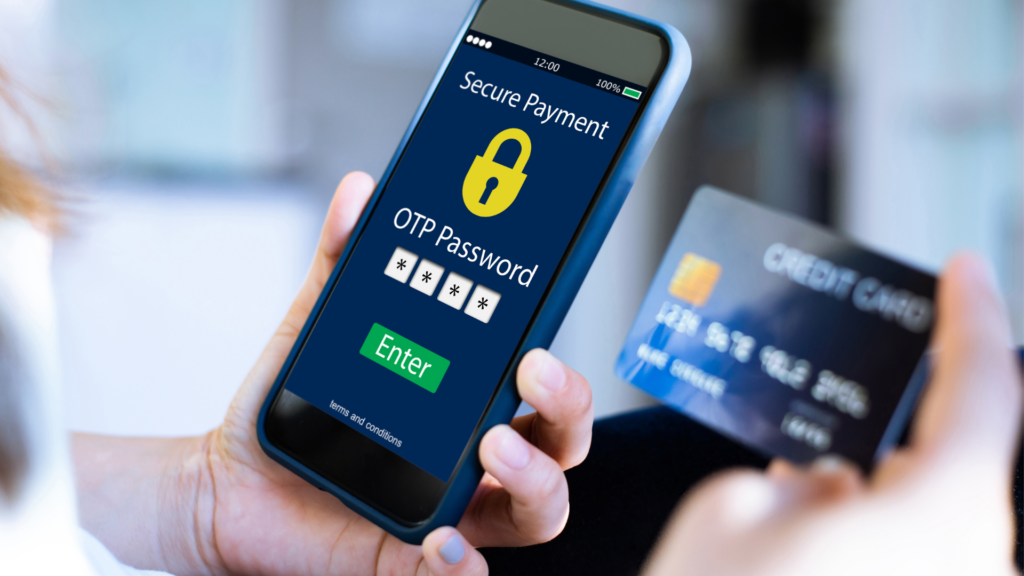Financial fraud is the number one consumer complaint in the United States, and it can have devastating consequences for victims. It can take many different forms, from credit card theft to identity theft to online scams.
The internet is full of blogs about detecting fraudulent activity after the fact, such as monitoring your credit reports and reviewing your accounts, but there are also many steps you can take to prevent fraud before it ever happens. Let’s discuss some simple but very effective steps you can take to prevent becoming a victim in the first place.
1. Always initiate (or re-initiate) financial correspondence yourself. Many cases of financial fraud begin with a phone call, text message, or email that claims to be from a reputable institution but, in fact, a scam or phishing contact of some sort.
The simplest and most effective way to avoid this trap is to never reply directly, but rather to investigate a verified contact phone number or email address and initiate your response directly through those. If the institution did actually contact you, they would be able to discuss the reason with you. If they didn’t, they won’t. Period.
So if you receive an email, text, or phone call that provides a link or method to reply, take the extra step to use Google to ensure the veracity of that method, or to initiate contact via a method you know is authentic.
2. Always sign up for two factor authentication. We all find it fairly annoying to get up and go to another room to retrieve our phone in order to verify a login, but the fact is that “two factor” authentication like this makes it exponentially more difficult for hackers or spammers to steal your information.
So, when your institution’s website or app suggests that you set up two factor authentication with their services, you should always do it. Period. Then remind yourself how wonderful it is to be virtually impervious to hacking while you grumble off to find your phone.
3. Use very long passwords. For years we were told that a password with a variety of letters, numbers, and characters was the key to security, but the real key is length. Each character added to a password makes it exponentially more time-consuming to crack, and that’s the key here. Once a certain number of characters is used for a password, it becomes impractical for a hacker using today’s technology to hack it during their lifetime. A famous cartoon about passwords sums this up nicely, demonstrating that a password of four random words like “correcthorsebatterystaple” is easy to memorize but nearly impossible to hack.
4. Never use the same password for more than one account. Everybody knows this one, but so many people still do it. If someone hacks a service you use and gets your password, they will have access to any other service or account you have used the same password for. Use the method above to design long but memorable passwords or use a third-party password service like LastPass or 1Password. The risks are too great to still be using your dog’s name and birthday for every account.
5. If someone asks for payment via prepaid debit card or gift cards, it’s a scam. Period. There is never a good reason for a reputable vendor of anything to specifically request payment via these cards, yet the news is full of stories of vulnerable people who have lost huge sums to scammers pretending to be collection agencies or the IRS and insisting on payment with prepaid card codes. Never do it, and never let your loved ones do it.
6. Be extremely careful on public wi-fi. There are a variety of ways hackers can get access to public wi-fi and use it to steal your personal information or install malware on your device, so if you can avoid using it, do so. If you must use it, try to avoid making purchases or filling out any forms that require personal information. And always watch out for trickery on any public – or even private – wifi networks. The guy sitting right next to you in the Starbucks or the hotel lobby may have set up a decoy network like “StarbocksWIFI” or “MARR10T wifi”, just waiting for somebody to absentmindedly pick the decoy off the network list and unwittingly fling open the doors to their digital life.
Financial fraud can happen to anyone. But by being proactive and following some simple steps, you can make it much more difficult for criminals to steal your money or your identity. Implementing these measures will help keep you safe online and offline!

